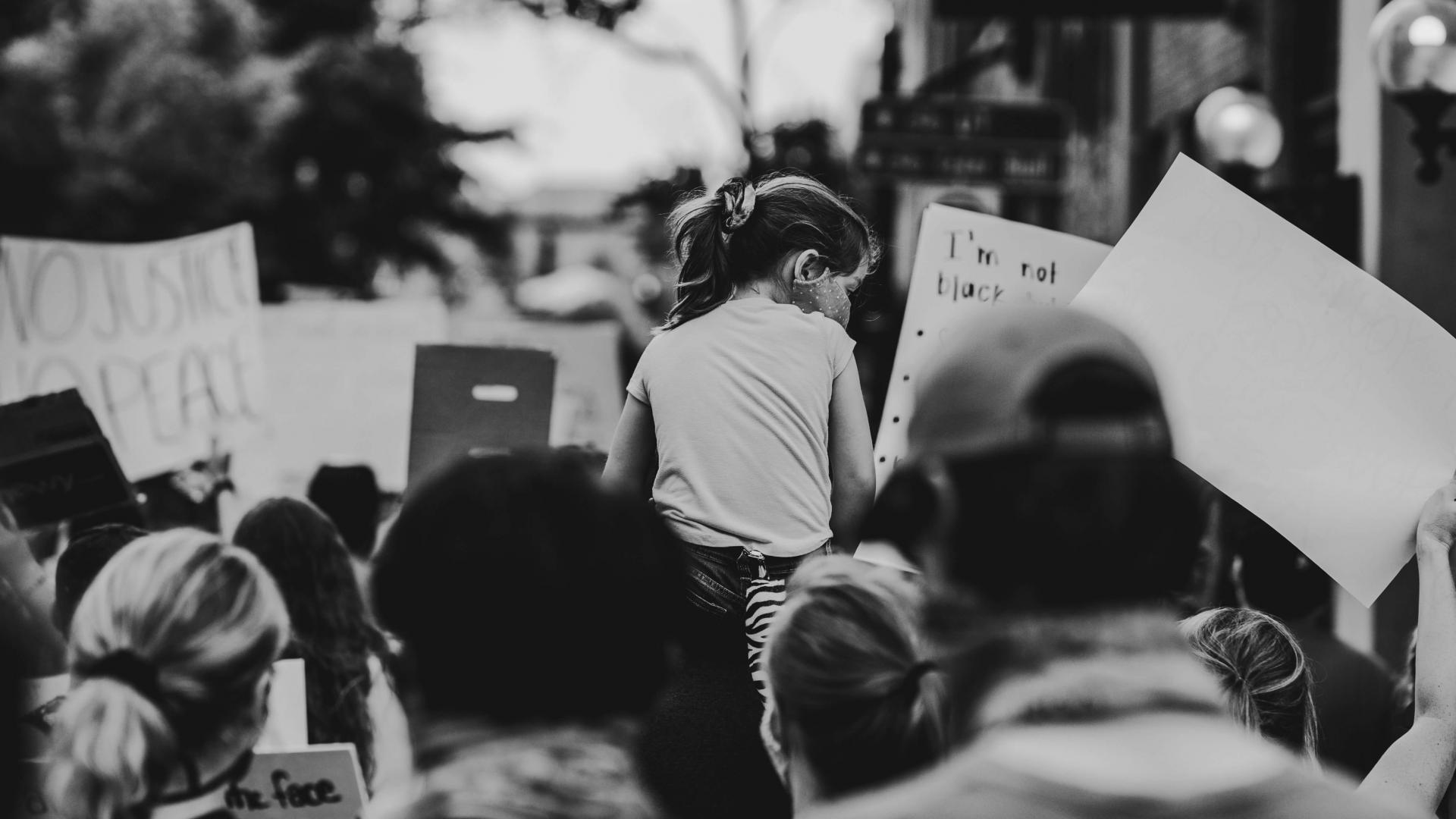Heather Sturgess
Over the weekend I went to see a brilliant adaption of the Merchant of Venice at the Wanamaker theatre (I would absolutely recommend this play if you can go!). I left the theatre feeling heartbroken at the unresolved issues of antisemitism and racism that it raised – this version deliberately cut the last scene. Afterwards an acquaintance of a different (older) generation to me, said ‘your generation has got a lot to sort out. Ours has messed it all up.’ It felt a particularly heavy burden as I left – how can I make a difference? How can I as an individual change things when they feel so embedded in society?
This sense of frustration and impatience with the slow progress of change could be one of the reasons younger people are so supportive of direction action. 60% of under 34s say they support direct action such as blocking roads and bridges and holding up traffic to gain support for a movement or organisation. In complete contrast only 10% of people over the age of 55 said they are supportive. There is a clear age divide in attitudes towards this type of direct action. But why is there such a big difference?
Direct action by groups like Extinction Rebellion and Insulate Britain have massively contributed to awareness of climate change. And Black Lives Matter protests following the death of George Floyd have helped to move the needle in a positive direction on conversations of structural racism in public forums. Is the impact these movements have made the reason why younger people are more likely to support direct action? Is it because direct action offers a way to do something on issues that can seem so overwhelming otherwise?
But then why is there so much less support amongst people over the age of 55? Some people in this age group will have taken part in protests in the past. One million people marched against the Iraq war 19 years ago. Also the 1960s and 70s are famous for their protests. Is changing the status quo just something that you do when you are younger? Or is it specifically the methods of blocking roads and disrupting day-to-day life that these older age groups are less supportive of. Perhaps blocking roads has less of an impact on younger people who are less likely to own a car.
And where does this leave the charity sector as a vehicle for change? Are charities seen as too cautious by younger people? Greenpeace is the obvious example of a charity that likes to take direct action and is less likely to be seen as cautious. A recent example is where they dropped a granite boulder into off shore UK marine areas to prevent destructive fishing. Do more charities need to be braver in the actions they take so that young people see them as part of the solution for change?
As you can see this data has left me with more questions than answers. This is an area we would like to explore. If you are interested in joining the conversation, please do get in touch.
Charity Awareness Monitor Sector data nfpResearch, September-October 2021
https://www.greenpeace.org.uk/news/marine-protected-areas-court-case/

